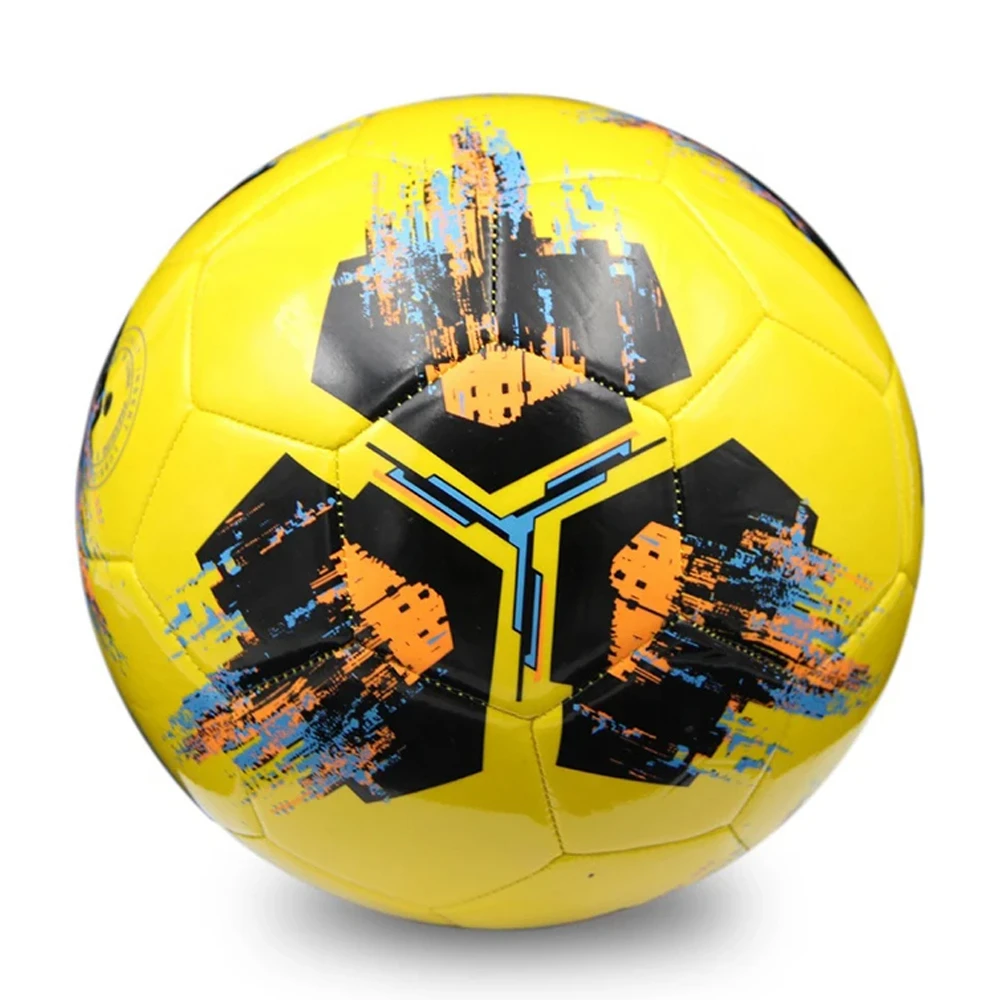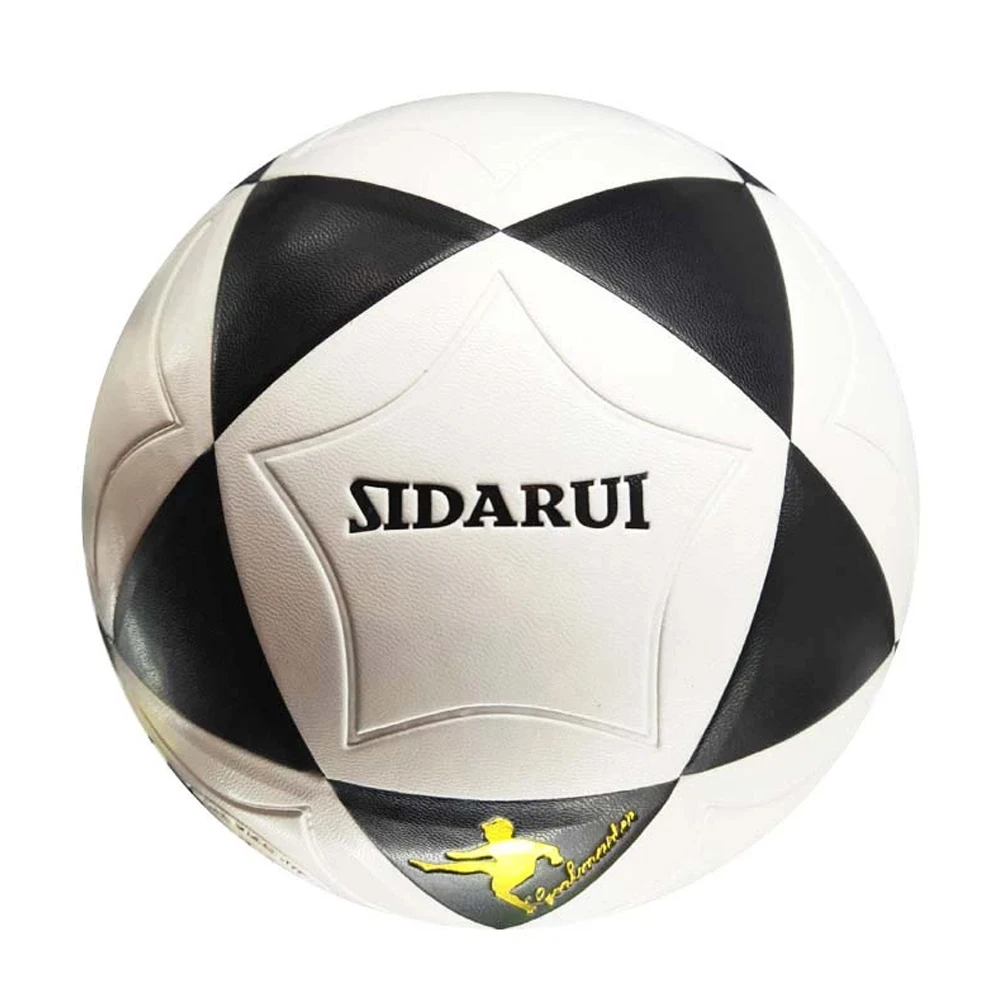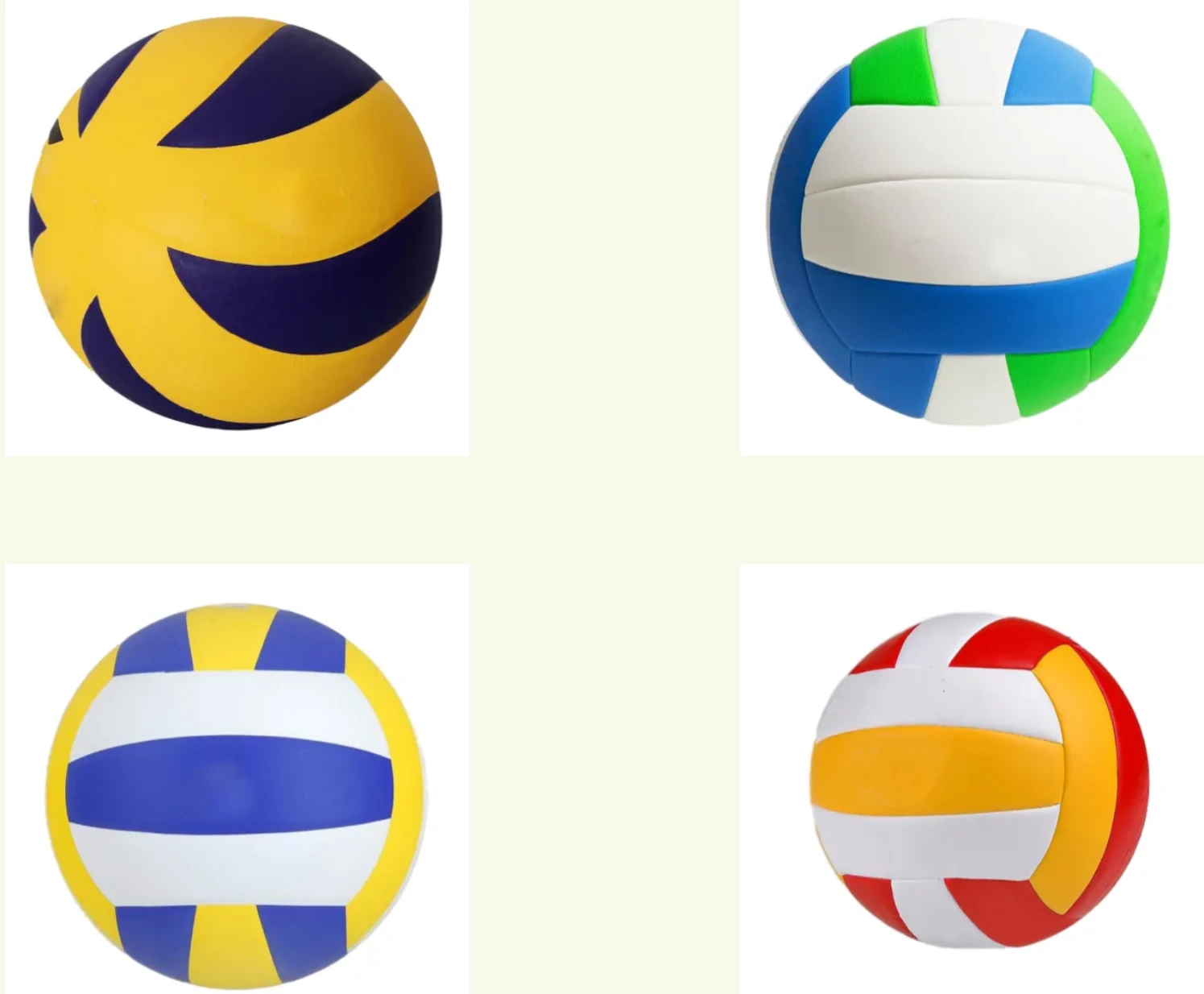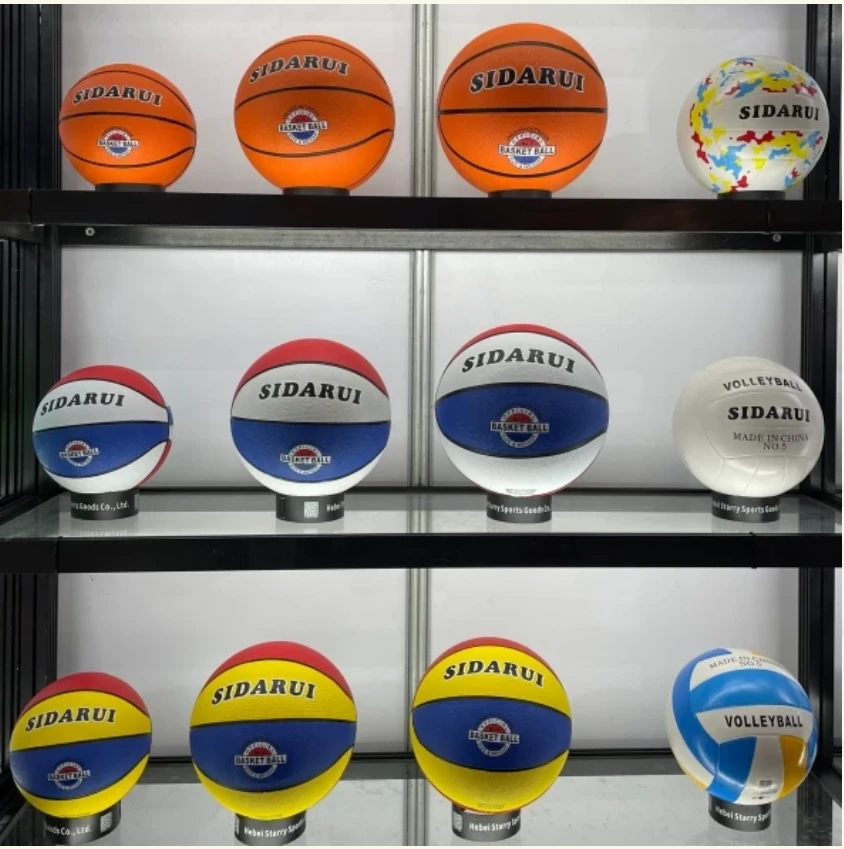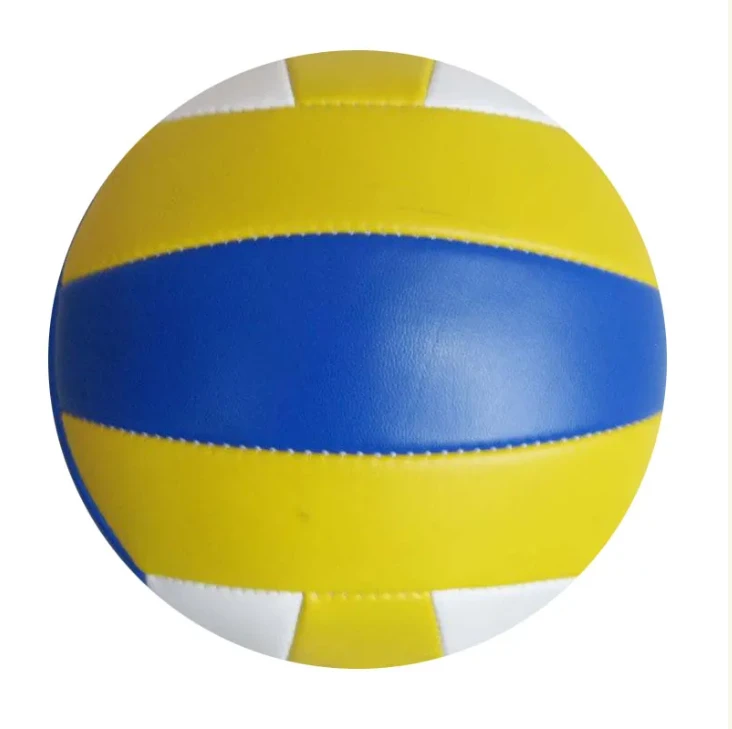When it comes to enriching the soccer experience for players of all ages and skill levels, the mini ball soccer trend has emerged as an innovative way to both enjoy the game and improve crucial skills. Unlike traditional soccer, mini ball soccer utilizes smaller-sized balls, and its benefits span far beyond mere play. This twist on the conventional game is gaining traction due to its ability to enhance players' technical prowess, precision, and creativity on the field.
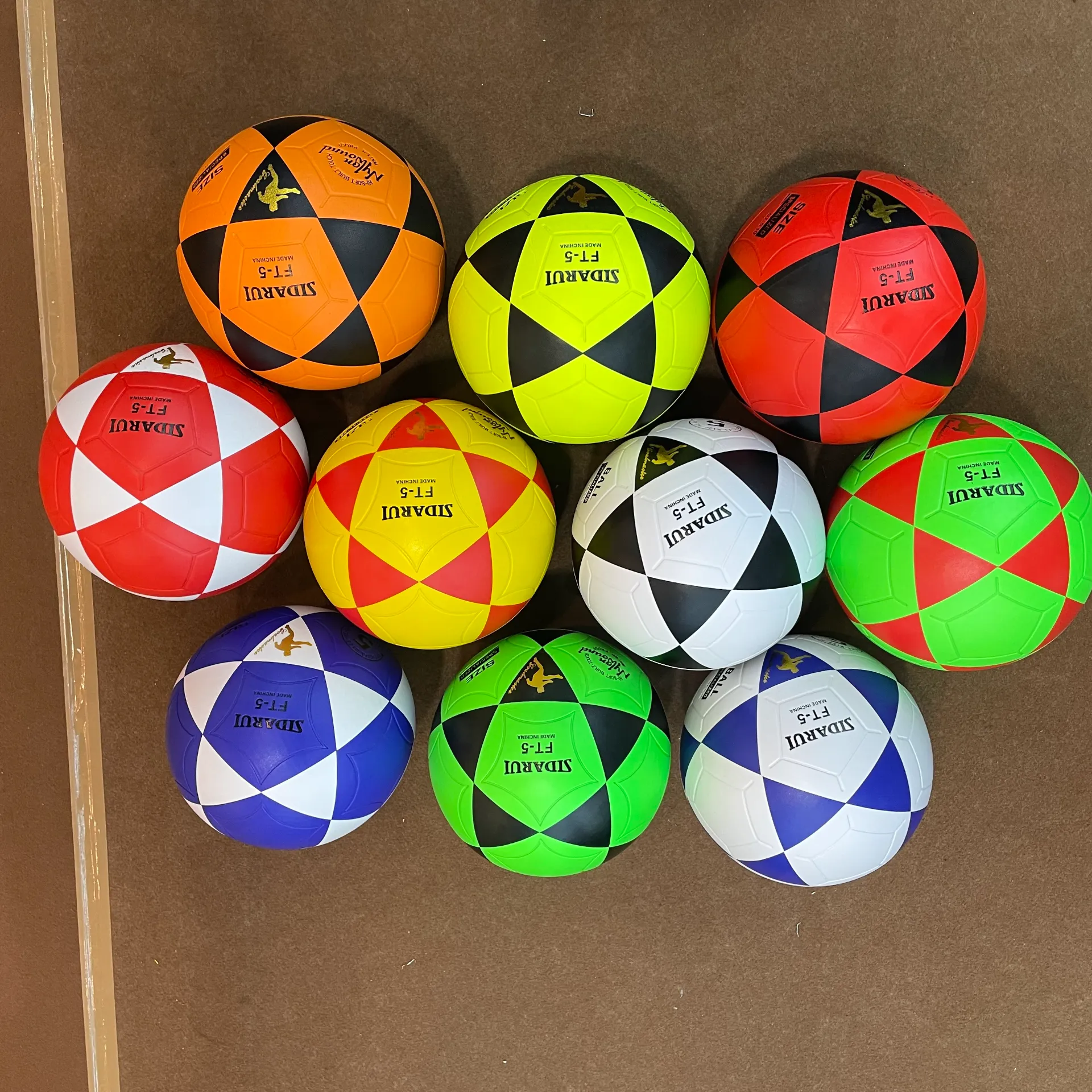
Mini ball soccer, sometimes referred to as futsal when played indoors on hard surfaces, is highly effective at refining techniques necessary for soccer mastery. The reduced size of the ball requires players to exercise greater control and precision, as the smaller circumference limits room for error. This aspect of mini ball soccer directly translates into improved dribbling skills. Since players must maintain close contact with the mini ball, their ability to control the ball under pressure enhances dramatically.
Moreover, mini ball soccer demands quick thinking and agile footwork, thanks to its fast-paced nature. This rapid style of play necessitates decision-making in split seconds, sharpening players' cognitive speed and adaptability. The compact playing area, typically smaller than a full-sized soccer field, further heightens the intensity of the game. This environment encourages players to develop a keen sense of spatial awareness as they navigate tight spaces and execute timely passes.
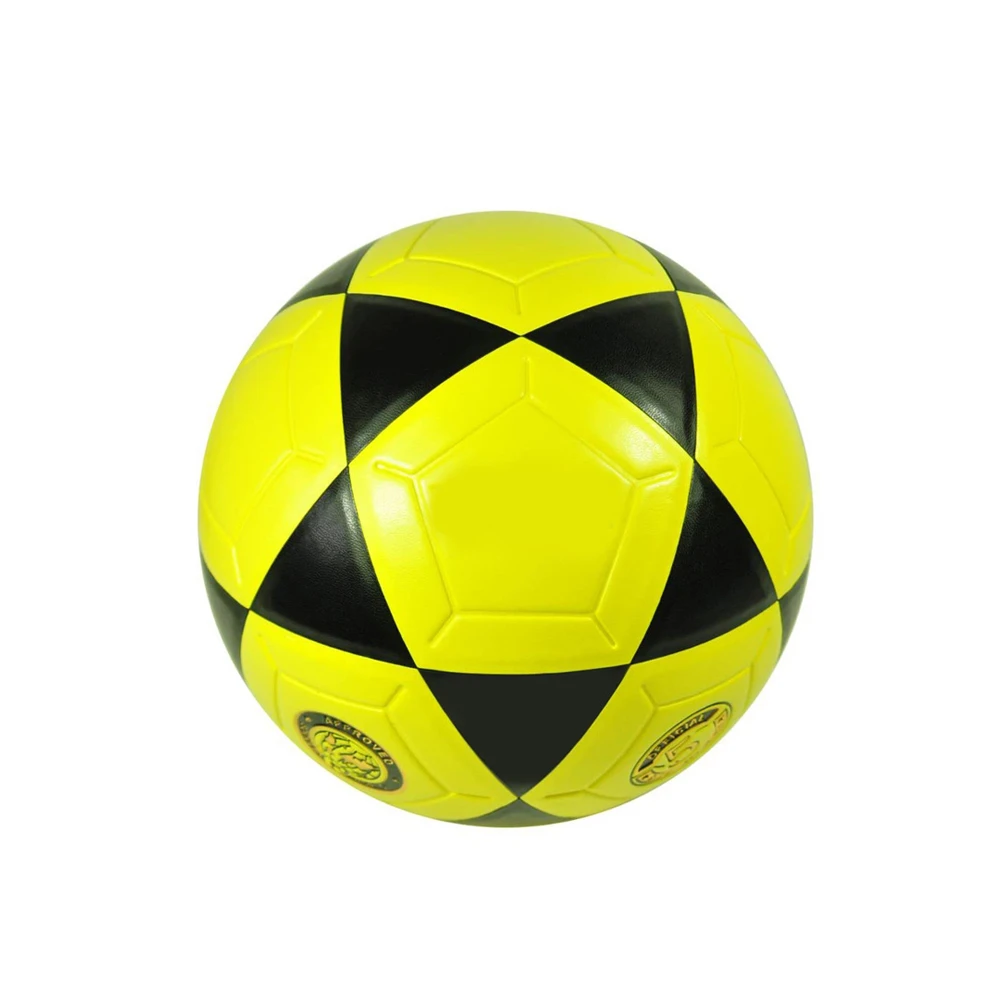
In addition to skill enhancement, mini ball soccer promotes inclusivity, making it a versatile choice for both budding athletes and seasoned players. Its accessibility is amplified by the minimal equipment required just a mini soccer ball and a small playing area. As such, mini ball soccer can be played in diverse environments, from gyms and community centers to backyards and parks, inviting participation from a broad demographic.
Fundamentally, the adaptability of mini ball soccer contributes to its growing popularity as a valuable training tool. Coaches around the globe are incorporating mini ball exercises into training regimes to cultivate versatile and resilient soccer players. It instills a foundational skill set that benefits even those stepping onto professional pitches. Practices often focus on short passes, quick turns, and maintaining possession—skills that seamlessly transition to full-field soccer.
mini ball soccer
Beyond technical advantages, mini ball soccer imbues players with strategic acumen. This form of soccer encourages players to think creatively, devising formations and strategies to navigate the smaller space effectively. This facet is particularly beneficial for developing youth players, as it encourages innovative play and a deeper understanding of game dynamics.
Moreover, mini ball soccer serves as an excellent tool for cross-training. Athletes from different sports can utilize mini ball soccer to refine foot-eye coordination, agility, and lower-body strength. Its requirement for constant motion and interaction makes it an engaging cardiovascular workout, beneficial for athletes looking to enhance their endurance and overall fitness.
The sport also upholds the principles of teamwork and sportsmanship, integral to any competitive sport.
Mini ball soccer rewards synergy and collaboration, reinforcing communication skills crucial for team success. This holistic approach to player development ensures that individuals grow not only as athletes but as well-rounded team players.
In conclusion, mini ball soccer represents a dynamic and effective means of elevating soccer skills while fostering an inclusive and strategic competitive atmosphere. Its rise in popularity is a testament to its multifaceted benefits, from enhancing individual technical abilities to ingraining essential life skills such as teamwork and strategic thinking. As mini ball soccer continues to expand its reach, it stands to transform the way soccer is played and appreciated across various levels, leaving an indelible mark on the sports community worldwide.






